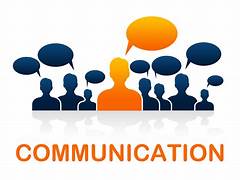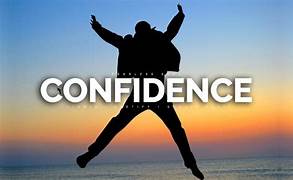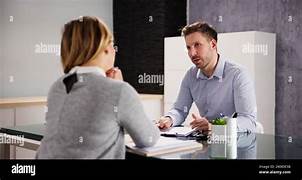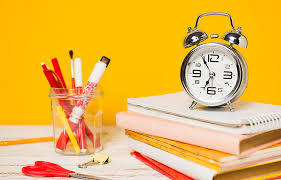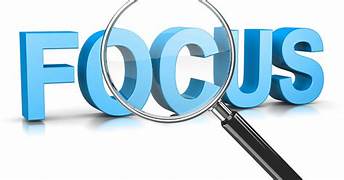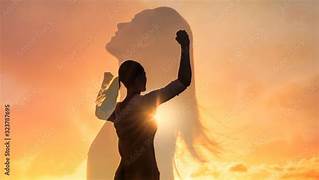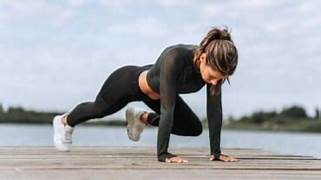Personality Development
What is personality development? Personality development is the process of enhancing your mindset, behavior, and interactions to bring out the best version of yourself. It’s not just about improving your outward appearance but about refining your inner qualities. This process helps you build confidence, sharpen communication skills, and develop a positive attitude towards life.The importance of personality development lies in its crucial role in shaping your personal and professional success. It enhances your ability to interact with others, build meaningful relationships, and handle challenges effectively. Here are some key reasons why it is important

Here are the key aspects of personality development
Self-awareness: It starts with understanding who you are—your strengths, weaknesses, and unique qualities. Self-awareness helps you identify areas for improvement and make the most of your abilities effectively.

